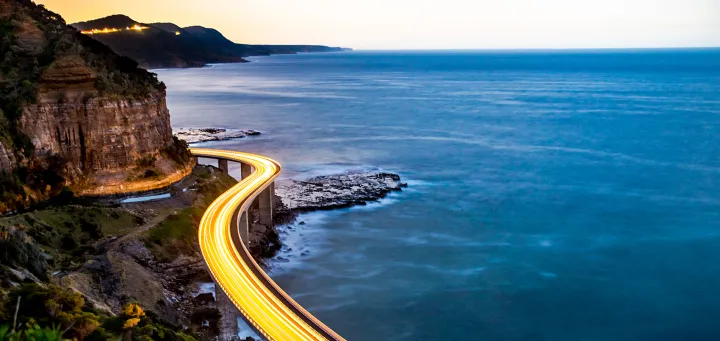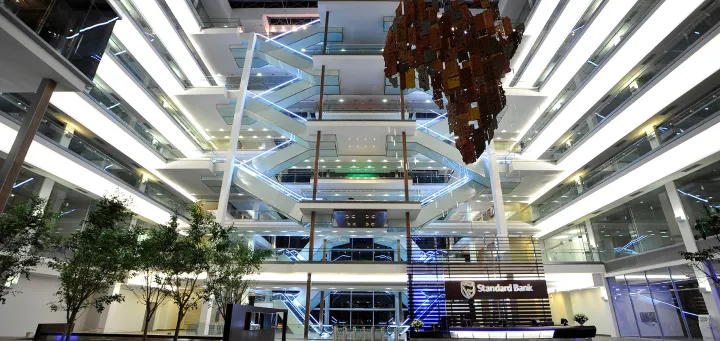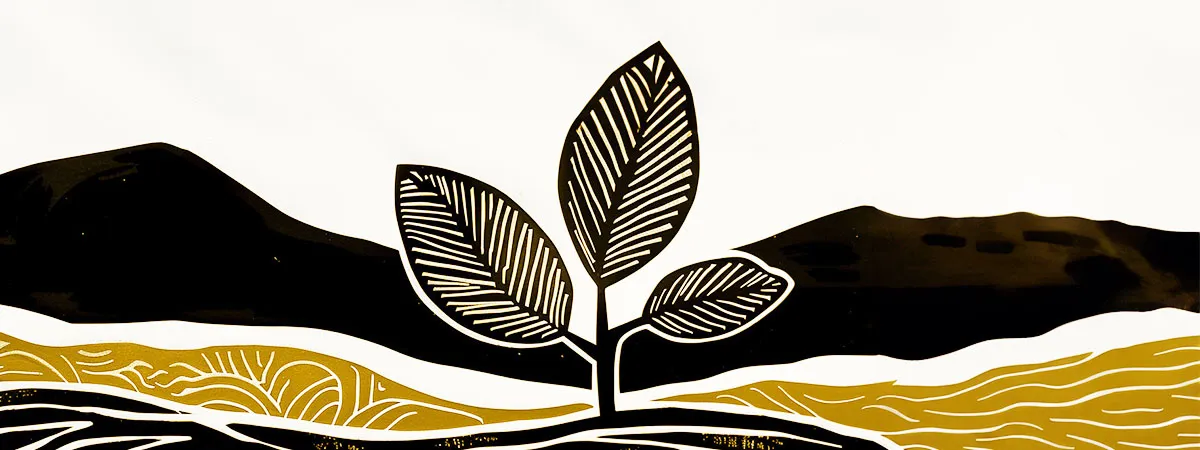THE INTERVIEW
Next year’s elections should be postponed, says former Statistician-General Pali Lehohla (Part One)
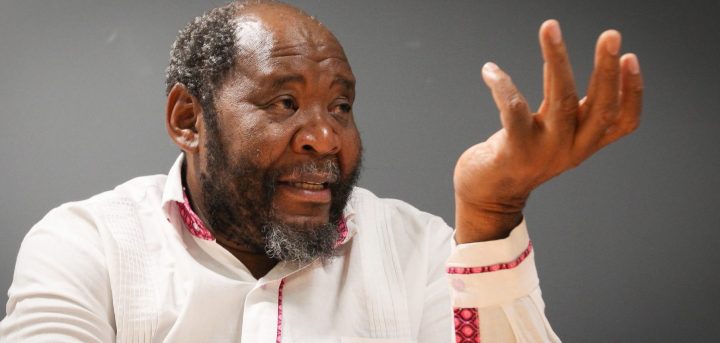
Former Statistician-General Dr Pali Lehohla believes the past 15 years have been marked by a reversal of South Africa’s democratic gains. Next year’s elections should be postponed, he argues, to hold Codesa-like discussions on the country’s future.
South Africans should consider postponing next year’s general elections and instead hold “frank talks” involving all stakeholders to determine what kind of country they want to live in.
This is the view of Dr Pali Lehohla, academic and retired former Statistics SA chief, during a wide-ranging interview with Daily Maverick.
He said if the elections went ahead, South Africans could find themselves in even worse circumstances as wily politicians divvied up positions, perks and spoils and forgot about society at large.
Read more in Daily Maverick: Elections 2024
“South Africans of all races and creeds should wake up from the tormenting nightmare characterised by an unending darkness. As far as I am concerned, the 2024 elections should be postponed so that South Africans can have frank conversations about the country they want to build and live in.
“We have to reset the horse so that it will be able to carry on its back the double load brought about and precipitated by accelerated failure in the latter half of our democracy. If we don’t, the elections will bring an outcome that will be nothing but calamity to all South Africans.
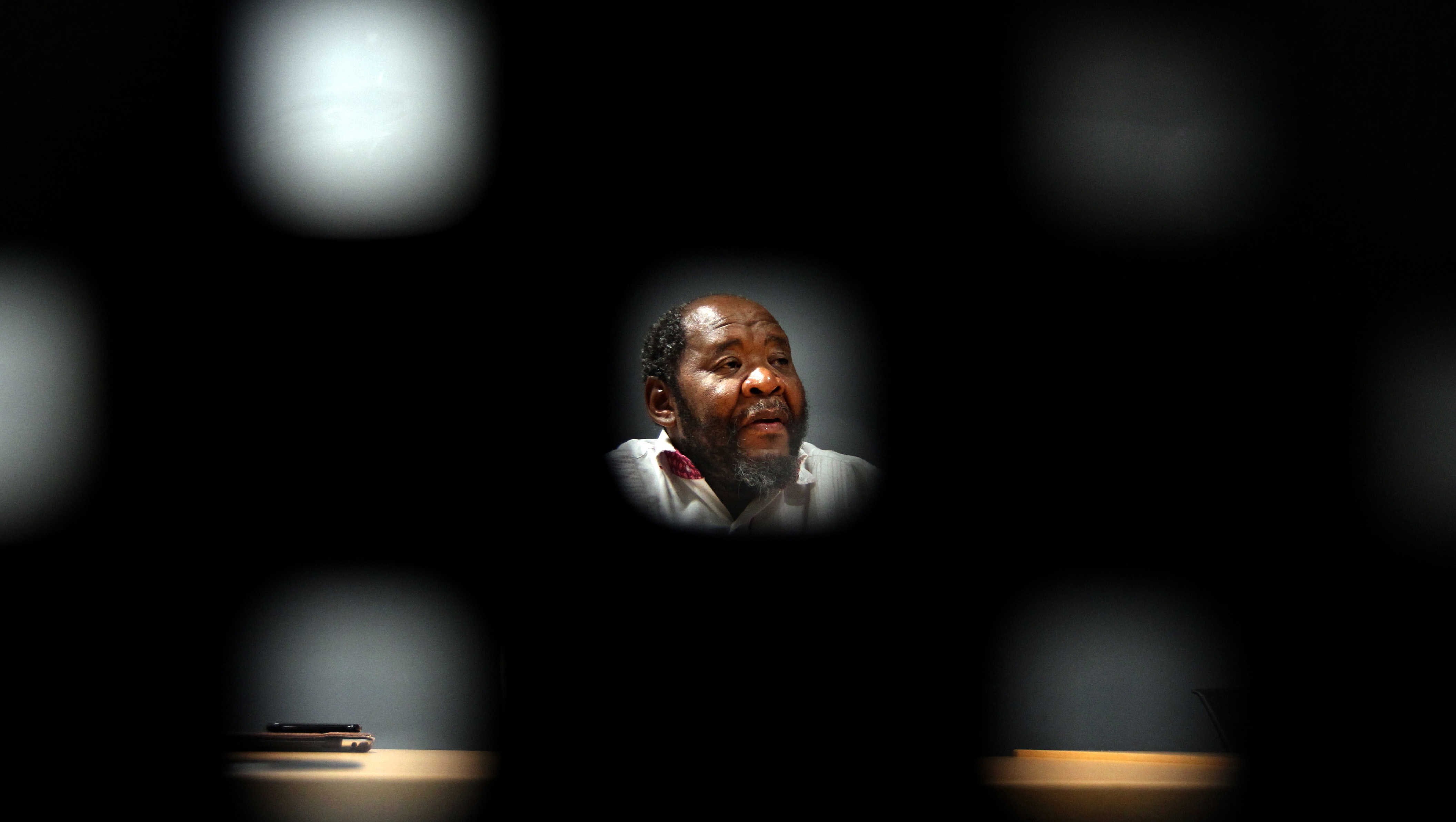
‘We now live in an era known as the Gwara-Gwara phenomenon era, where everyone is for himself or herself. The state of Madiba’s house in Houghton says it all,’ says retired Statistician-General Pali Lehohla. (Photo: Gallo Images / Sowetan / Sandile Ndlovu)
“The Chinese professor [Zhang] Weiwei defines the elections in free market democracies as a disease of ‘elect and regret’. This is the menu we have been served in the last 15 years. So a pause [is necessary] to ensure that leadership is not left to chance of ‘elect and regret’ and a hopeless wish for another market correction of ‘elect and regret’ in another five years,” he said.
Building the horse to fit the jockey
He said that towards the end of apartheid, when South Africa was faced with racial, ethnic and ideological civil strife, its salvation came in the form of the Codesa (Convention for a Democratic South Africa) talks, which ushered in the Constitution.
“Perhaps it is time we consider a similar intervention. We have to consider whether it would not be worthwhile to hold wide-ranging talks involving all stakeholders, including communities, civic groups, politicians, business and religious organisations to determine the future of the country we all love.
“The leaders of the ’90s did this and it produced the South Africa and the Constitution under which we live today,” he said.
Every 10 years, South Africa conducts a census which helps provide data to support decision-making and future planning. Lehohla said the reach of the census was “geographically extensive and engenders the basis for equity and judicious decision-making at all levels in space and time”.
Lehohla joined Statistics SA at its inception in the mid-90s and was head of the agency for 17 years, from 2000 until his retirement in 2017. He has held multiple international positions, including chairing the UN Statistical Commission and the African Symposium on Statistical Development.
He defines the 30 years of SA’s democracy as, first, 15 fat years, characterised by social progress and economic growth, and then 15 lean years, characterised by regressive economic downturn, social and family degeneration and institutionalised corruption.
“In the first 15 years of democracy, there had been observable and definitive progress in the delivery of services and living conditions of South Africans.
“The following 15 years have been marked by a clear reversal of the gains of democracy.
“This reversal is more clear or acute in the municipalities across the country. The first 15 years of democracy showed progress in the delivery of services for all municipalities. But since 2011, a third of the municipalities have regressed. This is a clear contrast, similar to the biblical Genesis story of seven fat cows and seven lean cows,” Lehohla said.
He pointed to the instability of coalition governments in major cities and municipalities like Johannesburg and Pretoria as a harbinger of what is to come.
“Opinion polls predict that there would be one form of coalition or another at the national level. This outcome will further alienate communities, as politicians will be focusing on dishing out positions and other perks to each other and satisfying coalition partners and forgetting about society,” he said.
An insult to Madiba’s legacy
Things are getting worse, he said.
“We now live in an era known as the Gwara-Gwara phenomenon era, where everyone is for himself or herself. The state of Madiba’s house in Houghton says it all. We need to pause and clean the algae, cut the overgrown grass, paint the walls and make Madiba’s home of last breath to be a South Africa we are all proud of. We cannot go into an election and an affirmation of our democracy in a Madiba’s house that is full of filth.
“Only filth and deeper filth will be an outcome should we take that gory step without cleaning and cleansing ourselves. Madiba’s home symbolises how low we have gone. Uncaring. Madiba’s place of last breath in Houghton captures that we as a people are now fit only for a pigsty,” he said.
Lehohla believes the post-apartheid government — in which the ruling ANC has been in power, although there was a Government of National Unity from 1994 to 1999 — has not only failed the black majority through corruption, poor service delivery, nepotism, misguided, indiscriminate and uninformed deployment of cadres, and mismanagement of the economy in the latter 15 years, but has also failed the whole of Africa and Africans in the diaspora who looked up to South Africa as the barometer of the continent’s progress.
“There is nowhere in the world where a black government had so much goodwill from the world, the vast infrastructure, the natural resources, the skilled human capital to succeed, but they have squandered all these opportunities.
“When you speak to African leaders, academics and thinkers, they say, ‘You guys had so much time to learn from our mistakes and ensure that you don’t repeat them, yet you went ahead and made even worse mistakes.’
‘We need to construct our horse’
“They say, ‘We had expected you to lead, to help Africa to prosper and take its rightful place in the world of nations, yet you went ahead and failed us.’ When the Pharaoh has no Joseph, when politics are devoid of technocracy, are devoid of a horse built by the people and not by the jockey, then society suffers a jeopardy of a horse and a jockey that owns the horse. We need a moment to pause and construct our horse.
“The RDP [Reconstruction and Development Programme] and the NDP [National Development Plan] and the Constitution form the base for such a conversation. Our performance to date, especially the last 15 years, tells us of an anti-RDP, anti-NDP and anti-Constitution experience.
“It was Madiba (upon receiving the results of Census ’96) who said South Africans are regarded highly by the world for managing a difficult transition and coming out successfully. He went further, to say South Africans are feted like kings: ‘Ordinary citizens are accorded such important treatment reserved for kings. Let us not disappoint those who pinned so much hope on us’.
“I experienced this royal treatment. On a trip to Abidjan in 2007 we transited through Ouagadougou. They wanted a visa for non-diplomatic passport holders. My deputy, who was not travelling on a diplomatic passport, was to be denied entry. But as the official looked at the passport carefully where it is written in French — he went into a frenzy of a war cry: ‘Afrique de Sud, Bafana Bafana, Mandela, Mandela!’
“The passport was stamped and we slept in Ouagadougou and by the crack of dawn we were back at migration where the Mandela, Mandela, Bafana Bafana mantra guaranteed our passage to Abidjan,” Lehohla recalled.
Mbeki ‘best president’ so far
Lehohla said although the Mandela years focused on stabilising the country and building racial harmony, it was during Thabo Mbeki’s watch that the post-apartheid South Africa made the most economic and social strides.
“During Mandela’s years, there was stability, but the economy did not grow that much. The biggest economic strides ever recorded in apartheid and the post-apartheid era happened between 2001 and 2007,” he said.
This view is backed by statistics. An Industrial Development Corporation report stated: “The South African economy recorded its fastest growth rates since the 1960s over the period 2004 to 2007, with real GDP growth averaging 5.2% per annum. From a global perspective, this period was characterised by a strong bull market and booming commodities markets.”
An OECD report on South Africa stated: “In 2005, the South African economy experienced GDP growth of 5%, its highest since the end of apartheid, and strong GDP growth, estimated at 4.8%, is forecast for 2006. Although this good performance is due in part to a favourable international environment, it also reflects the sound economic policies that have been carried out since 1996 in accordance with the Growth and Employment and Redistribution strategy.”
Lehohla says it has been downhill from this peak.
Things started to go wrong during the era of Mbeki’s successor, Jacob Zuma, when corruption reached unprecedented levels.
“During the era of the current president, Cyril Ramaphosa, everything that went wrong during the Zuma years has got worse. Corruption at all levels is growing, we have relentless load shedding, criminals and crime syndicates are on the loose, and politicians and civil servants at all levels are using their positions to amass wealth for themselves and their families.
“These are all symbols that we are well and truly in the Gwara-Gwara era … things are getting worse and, if nothing is done to arrest this slide, South Africa could reach a point of no return,” said Lehohla. DM
Daily Maverick has closed comments on all elections articles for the next two weeks. While we do everything in our power to ensure deliberately false, misleading and hateful commentary does not get published on our site, it’s simply not possible for our small team to have sight of every comment. Given the political dynamics of the moment, we cannot risk malignant actors abusing our platform to manipulate and mislead others. We remain committed to providing you with a platform for dynamic conversation and exchange and trust that you understand our need for circumspection at this sensitive time for our country.









